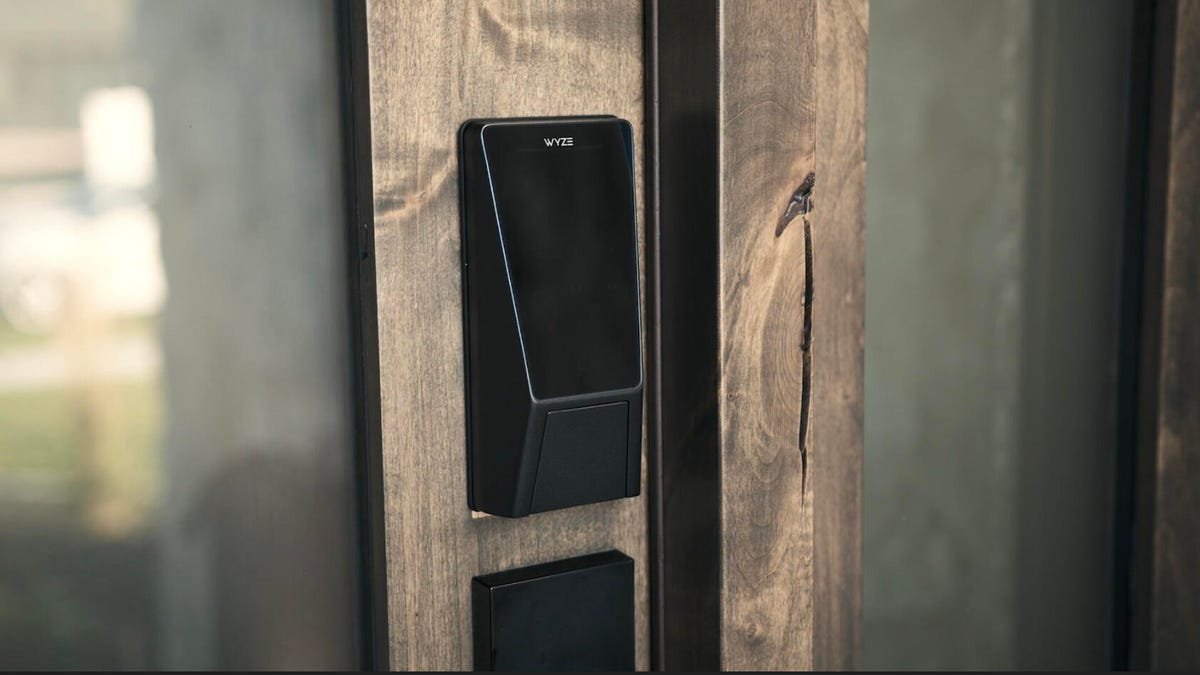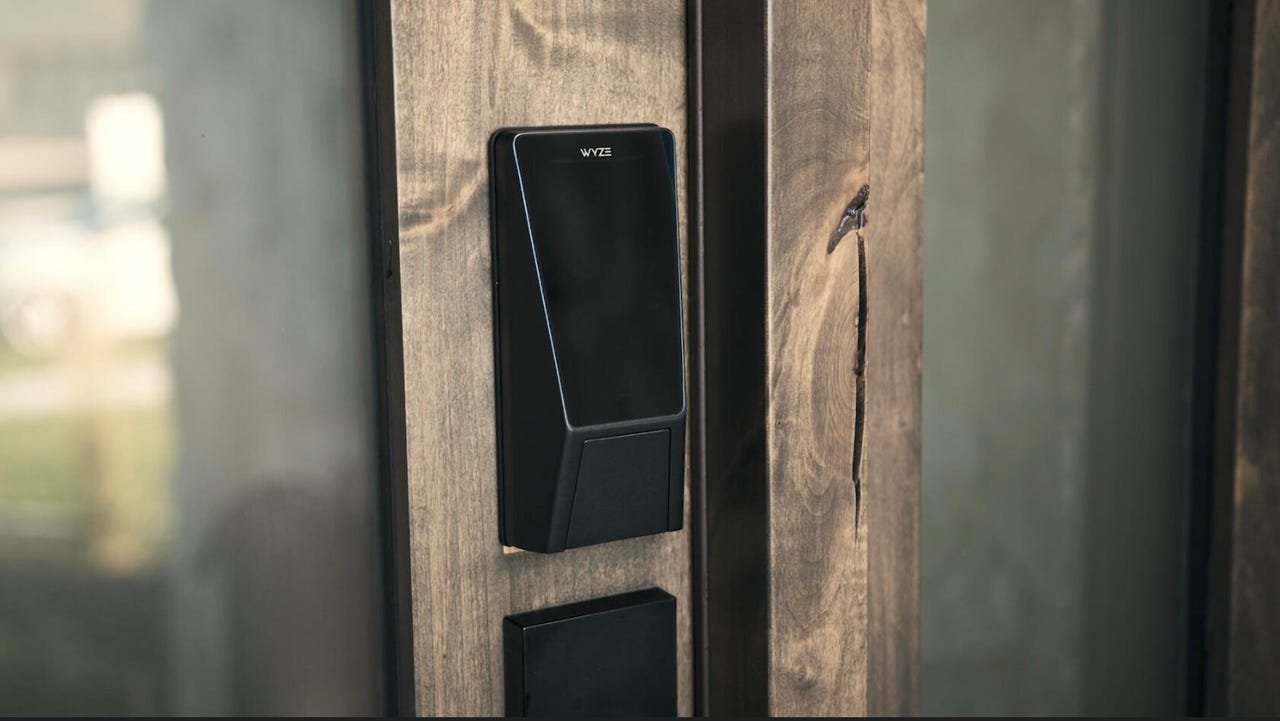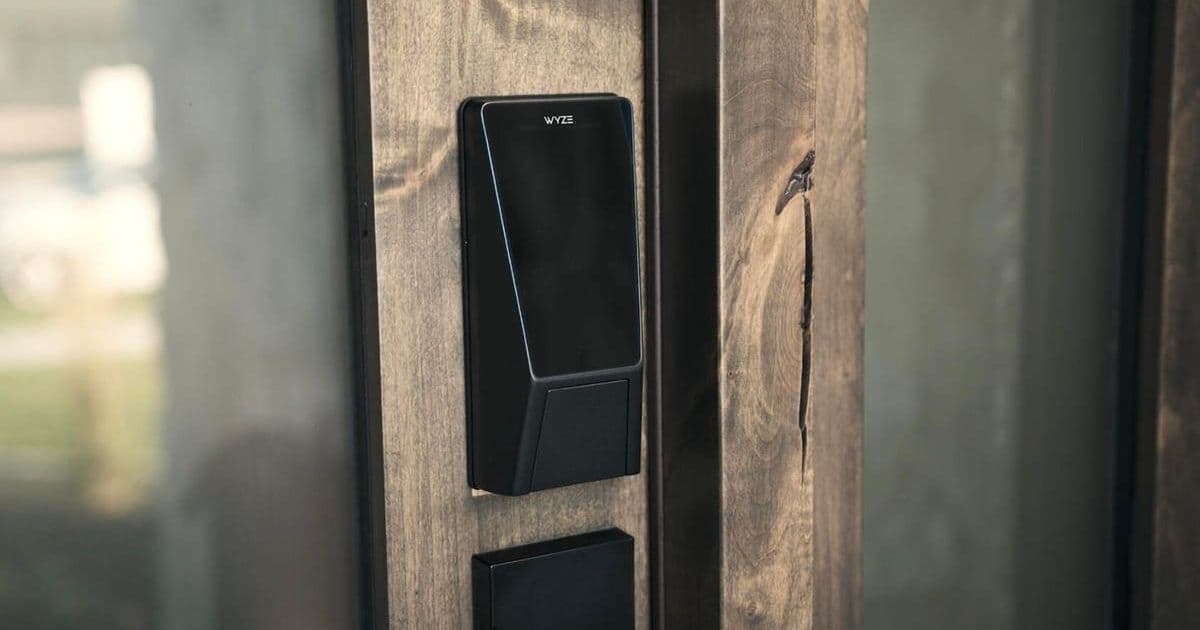Wyze has launched an affordable biometric smart lock featuring palm-vein recognition for $135, storing data locally to enhance privacy. This device integrates with Wyze's ecosystem, offering advanced features like gyroscope-based auto-locking and tamper alerts, positioning it as a game-changer in accessible home security.
The smart lock industry is witnessing a seismic shift as Wyze unveils its Palm Lock—a biometric security device leveraging palm-vein recognition at a disruptive $135 price point. This launch challenges premium competitors and underscores a broader trend toward affordable, privacy-focused home automation. Unlike fingerprint scanners, palm-vein technology uses infrared sensors to map unique vein patterns beneath the skin, offering superior reliability in varied conditions like dry weather or minor hand injuries. As Wyze co-founder Dave Crosby notes: "The palm ID recognition makes users feel like they have a secret handshake with their front door."

Technical Innovations and Security Features
Wyze's Palm Lock stores all biometric data locally on the device, with encryption ensuring it never reaches the cloud or mobile apps—a critical design choice for privacy-conscious users. It supports up to 50 access codes and includes a 'decoy digit' feature to thwart shoulder surfers. The lock's built-in gyroscope detects door angle and movement in real time, enabling auto-locking upon closure and alerts if left ajar. Security is bolstered by tamper detection, which triggers an alarm after multiple failed attempts, alongside a physical key backup for emergencies.
Battery and Ecosystem Integration
Powering the lock is a removable lithium-ion battery that lasts up to six months, supplemented by a secondary battery providing two weeks of backup during recharges. This eliminates the hassle of frequent battery swaps, a pain point in many smart locks. Seamless integration with Wyze's existing security products, like video doorbells, allows users to manage access holistically through a unified app—ideal for developers building interconnected smart home systems.
Market Impact and Analysis
At $135, Wyze undercuts rivals like the Eufy Security Familock E34 ($240) and TCL D1 Pro ($150), while offering palm-vein tech absent in similarly priced options like the Aqara U100 ($130). This pricing democratizes advanced biometric security, potentially accelerating adoption in mainstream markets. For engineers, it highlights the maturation of edge-based processing for sensitive data, reducing cloud dependency risks. As smart home breaches rise, Wyze’s approach could set new standards for cost-effective, resilient security architectures.

The Wyze Palm Lock isn't just a product—it's a statement about the future of accessible innovation, where cutting-edge security no longer demands premium prices. Its success may inspire broader industry shifts toward localized data handling and user-centric design, reshaping how we safeguard our digital lives.
Source: ZDNET

Comments
Please log in or register to join the discussion